Richard Ernst, father of the MRI, dies aged 87
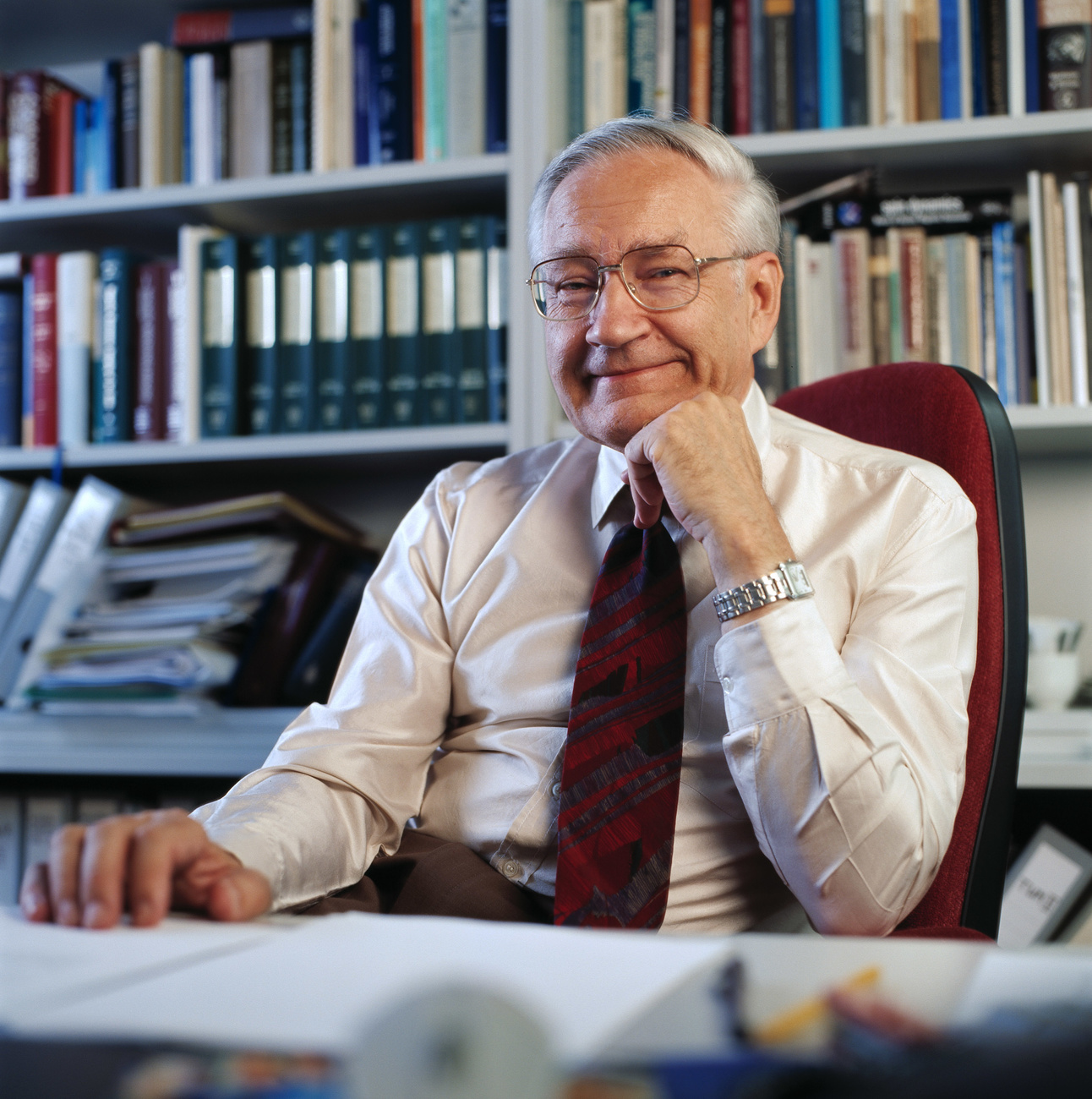
Swiss scientist Richard Ernst, who was awarded the Nobel Prize in Chemistry in 1991, died on Friday at the age of 87, his family said on Tuesday. He was considered the father of nuclear magnetic resonance imaging (MRI).
Born in 1933 in Winterthur, northeastern Switzerland, Ernst finished his studies at the federal technology institute ETH Zurich – where he spent his entire career – in 1962 with a dissertation on nuclear magnetic resonance (NMR) in the discipline of physical chemistry.
He received numerous honours, including the Nobel Prize for Chemistry (1991), the Wolf Prize for Chemistry (1991), the Horwitz Prize (1991) and the Marcel Benoist Prize (1986).
He was awarded the Nobel Prize for his contributions to the development of high-resolution NMR spectroscopy, which paved the way for MRI. In particular, he helped improve the sensitivity of this technique, which was first tested in the 1940s to generate images of body organs.
‘Joy of discovery’
“Experiencing surprises was how it started,” Ernst told SWI swissinfo.ch in 2011, at an event to get young boys and girls interested in chemistry.
“In our attic I discovered a box full of chemicals which belonged to an uncle who died in 1922…” In a chemical accident? “Er, no, they were photochemicals. So I took them down, started to play with them and I was excited by what happened.”
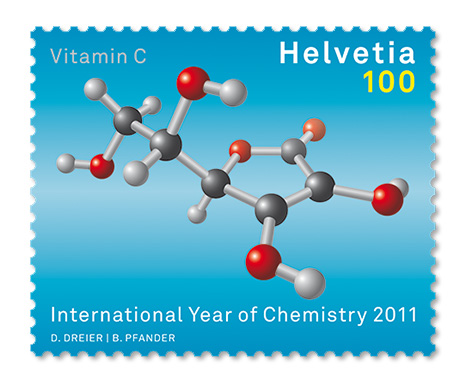
More
Let the chemical games begin!
He said it was producing something he couldn’t understand and then finding a reason for it that stimulated his interest in chemistry, admitting that some of his experiments led to explosions. “I wanted to understand why that all happened in my basement and why I survived and why our house survived!”
Trial and error, he believed, was the best way to attract young people to science. “Let them do experiments! Sometimes people say chemistry is too dangerous – you can’t do this and that with children – but that’s not really true. There are a few rules which you have to obey, but otherwise you can do a lot of experiments,” he said.
“You experience the joy of discovery very often in chemistry.”
Family support
In addition to chemistry, Ernst had an “insatiable love” for Asian art which he picked up in Nepal, as he wrote in his Nobel Prize autobiographyExternal link.
“My main interest is directed towards Tibetan scroll paintings, the so-called thangkas, a unique and most exciting form of religious art with its own strict rules and nevertheless incorporating an incredible exuberance of creativity.”
Ernst had been living in a home in his hometown since early last year. He leaves behind his wife and three children.
In his Nobel Prize autobiography, he praised the support of his wife. “I am extremely grateful for the encouragement and for the occasional readjustment of my standards of value by my wife Magdalena who stayed with me so far for more than 28 years despite all the problems of being married to a selfish work-addict with an unpredictable temper,” he wrote.
“Magdalena has, without much input from my side, educated our three children: Anna Magdalena (kindergarten teacher), Katharina Elisabeth (elementary school teacher), and Hans-Martin Walter (still in high school). I am not surprised that they show no intention to follow in my footsteps, although if I had a second chance myself, I would certainly try to repeat my present career.”
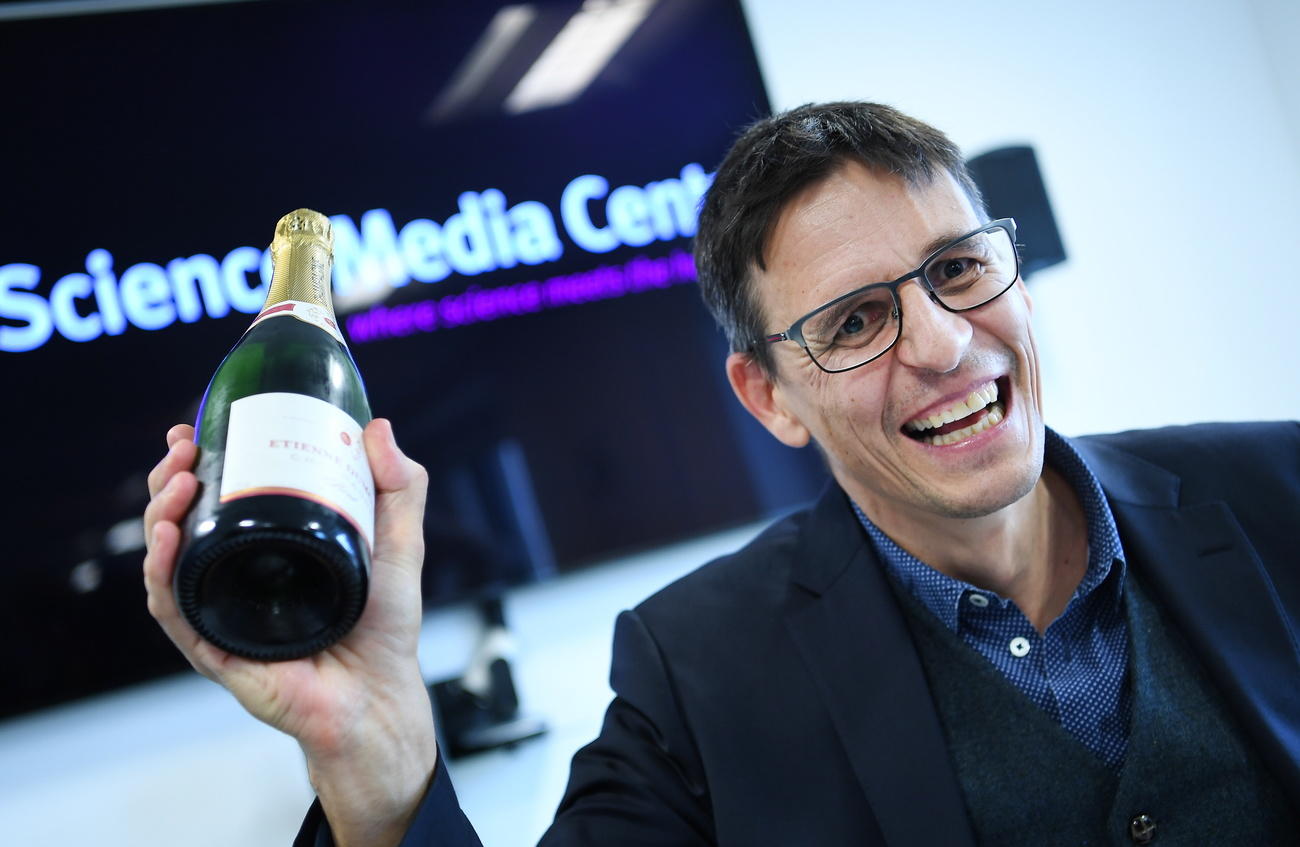
More
What’s behind Switzerland’s star-studded Nobel success?

In compliance with the JTI standards
More: SWI swissinfo.ch certified by the Journalism Trust Initiative
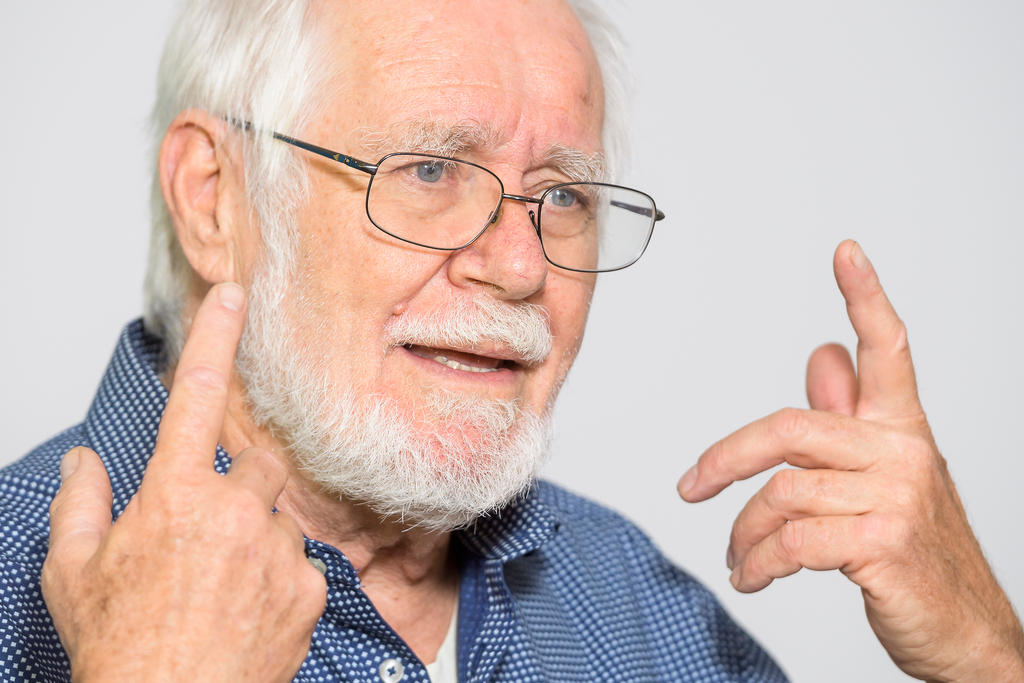
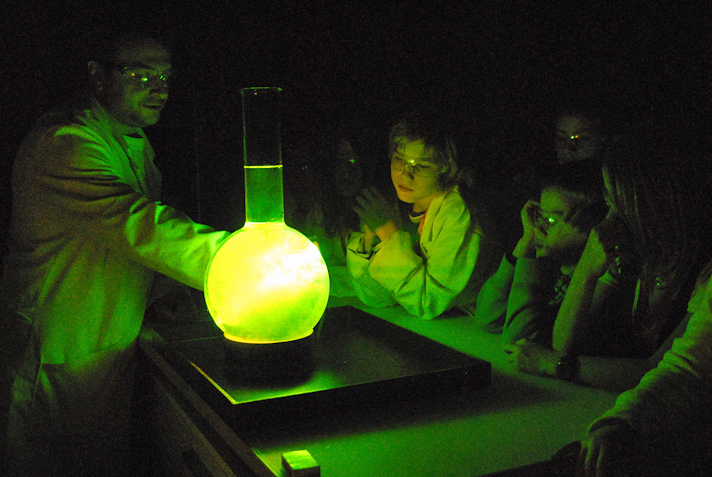

You can find an overview of ongoing debates with our journalists here. Please join us!
If you want to start a conversation about a topic raised in this article or want to report factual errors, email us at english@swissinfo.ch.